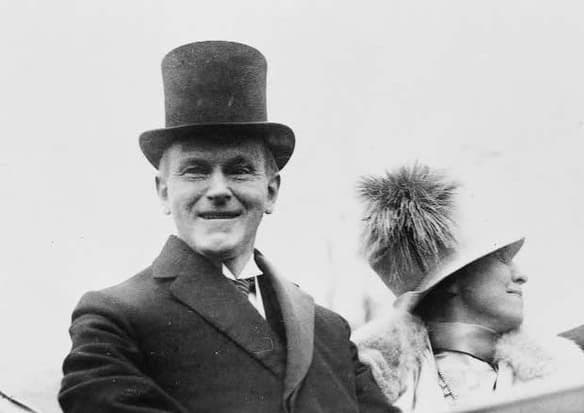
NATO’s Trillion-Dollar Paradox: Why Hitting Two Percent Means Less Than You Think
By HOLLIE McKAY
|You don’t have to be a small-government conservative to welcome a hard look at the abuses of the presidency and those men who refrained, in the main, from augmenting their authority.

Already have a subscription? Sign in to continue reading
$0.01/day for 60 days
Cancel anytime
By continuing you agree to our Privacy Policy and Terms of Service.

By HOLLIE McKAY
|
By MATTHEW RICE
|
By DANIEL EDWARD ROSEN
|
By MATTHEW RICE
|
By DONALD KIRK
|
By LUKE FUNK
|
By BENNY AVNI
|
By NOVI ZHUKOVSKY
|